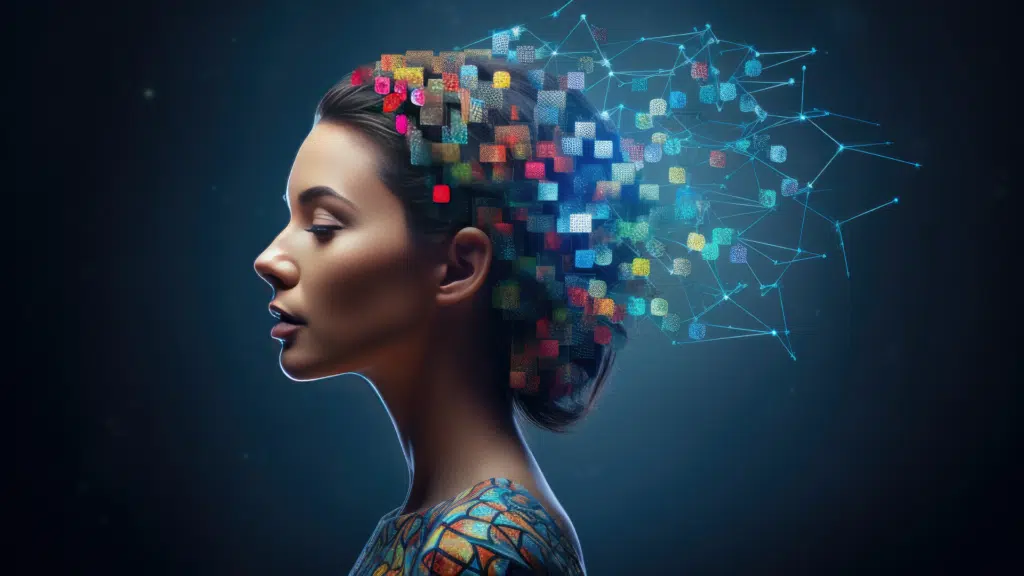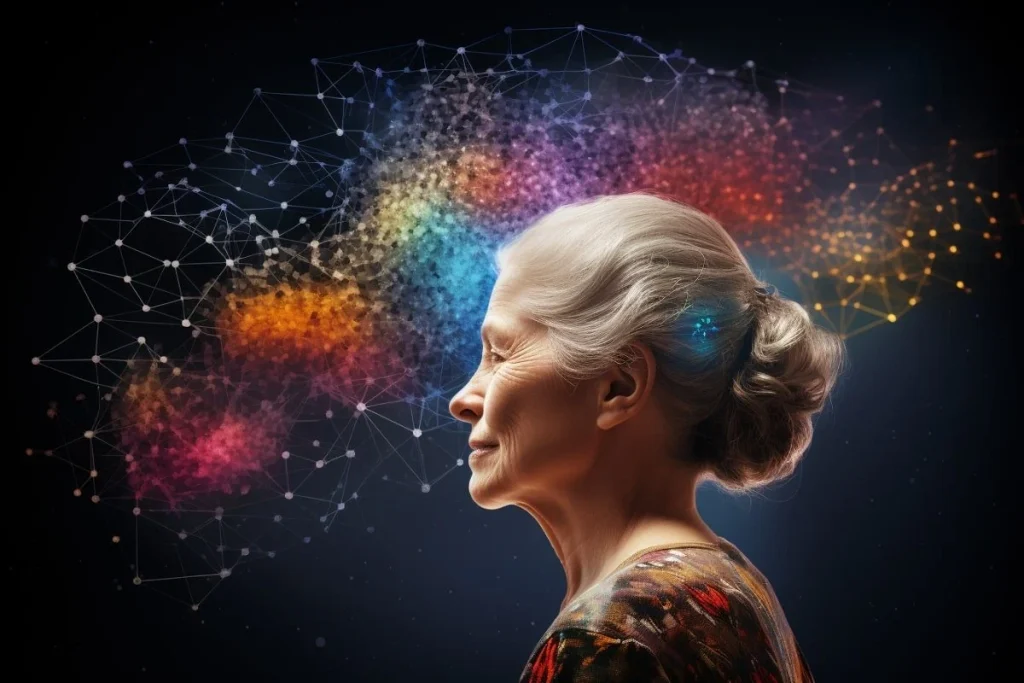The Role of AI in Personalizing Mental Health Treatments


In recent years, the convergence of artificial intelligence (AI) and healthcare has heralded groundbreaking advancements, especially in the realm of mental health. AI’s potential to transform mental health treatments through personalization is proving to be a game-changer. With mental health disorders affecting millions globally, the need for customized treatment plans is more critical than ever. This blog delves into the pivotal role AI plays in personalizing mental health treatments, exploring how technology is shaping the future of mental health care.
Understanding the Challenge of Mental Health Treatment
Mental health disorders encompass a wide array of conditions, from depression and anxiety to bipolar disorder and schizophrenia. Traditionally, mental health treatment often follows a trial-and-error approach, relying heavily on the expertise of healthcare providers. This can result in prolonged periods before finding the right treatment, not to mention the associated side effects and financial burdens.
Personalization becomes paramount in addressing these challenges. Every individual’s experience with mental health is unique, influenced by an intricate interplay of genetic, environmental, and psychological factors. Therefore, one-size-fits-all treatments often fall short in efficacy and patient satisfaction. This is where the role of AI becomes vital.
How AI Enables Personalization in Mental Health Care
1. Data Analysis and Pattern Recognition
AI excels in analyzing vast amounts of data quickly and accurately, identifying patterns that might elude human practitioners. In mental health, AI algorithms can process electronic health records, genetic data, and even social media activity to paint a comprehensive picture of an individual’s mental health status. For instance, by analyzing speech or writing patterns, AI can help to detect early signs of depression or anxiety, facilitating earlier interventions.
2. Phenotyping and Biomarker Identification
Through machine learning, AI can help create a more sophisticated understanding of mental health conditions by identifying phenotypes—distinct profiles of individuals based on genetic and biological markers. For instance, AI algorithms can discern which types of depression respond best to specific medications, allowing for more targeted and effective treatment plans.
3. Predictive Analytics
Predictive analytics uses AI to anticipate an individual’s response to particular treatments. For example, AI models can predict the likelihood of a patient responding to cognitive-behavioral therapy (CBT) versus medication, or a combination of both, thus optimizing treatment strategies.

AI-Driven Therapies and Interventions
1. Chatbots and Virtual Therapists
Digital platforms powered by AI, such as Woebot and Wysa, provide immediate, 24/7 support to individuals struggling with mental health issues. These chatbots utilize natural language processing (NLP) to engage users in conversation, offering cognitive-behavioral techniques and other therapeutic interventions. While not a replacement for human therapists, they serve as an accessible first step for many.
2. Mobile Health Applications
Mobile health apps equipped with AI can deliver personalized exercises, track mood variations, remind users to take medications, and offer mindfulness activities tailored to the individual’s needs. These apps gather data from user behavior, which is then analyzed to adjust recommendations, ensuring a high level of personalization.
3. Remote Monitoring and Telehealth
AI-powered devices and platforms can monitor patients remotely, collecting data on behavior and physiological responses in real-time. This allows healthcare providers to receive up-to-date information and intervene promptly when needed, potentially preventing a crisis.
Examples of AI in Action
1. IBM Watson for Mental Health
IBM Watson utilizes AI to analyze medical literature, clinical data, and patient information to provide insights into mental health treatment strategies. By understanding which treatments are most effective for which individuals, Watson helps clinicians develop more personalized treatment plans.
2. TARA
TARA is a machine learning-based platform aimed at predicting whether antidepressant medications will be effective for a patient. By analyzing clinical records, TARA offers tailored recommendations, thus reducing the trial-and-error process of finding the right medication.
3. Mindstrong Health
This company uses smartphone behavior and AI to assess brain function and mental health. By analyzing how users interact with their phones, Mindstrong provides insights into cognitive patterns, helping tailor interventions and measure treatment effectiveness.
Challenges and Ethical Considerations
Despite the promising potential of AI in personalizing mental health treatments, there are challenges and ethical considerations to address. Data privacy is paramount; sensitive health information must be protected to gain patient trust. Additionally, there is the risk of over-reliance on technology, which could inadvertently reduce human empathy and understanding in care.
It is also vital to ensure algorithmic transparency to prevent biases that could lead to unequal treatment. Ensuring AI systems are trained on diverse datasets can help mitigate this risk, promoting fair and equitable care for all individuals.
Conclusion
AI’s role in personalizing mental health treatments is poised to redefine the landscape of mental health care. By leveraging data analysis, predictive analytics, and AI-driven interventions, healthcare providers can offer more effective and tailor-made treatment plans. However, integrating these technologies requires careful consideration of ethical implications and a steadfast commitment to patient-centered care. As we continue to innovate, collaboration between technologists, healthcare professionals, and patients will be crucial in harnessing the full potential of AI to improve mental health outcomes worldwide.








